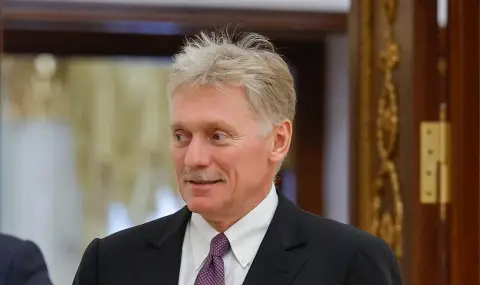The telephone conversation between Russian President Vladimir Putin and US leader Donald Trump means that Moscow and Washington will now solve problems through dialogue and will talk “about peace, not war“, said the Russian leader's press secretary Dmitry Peskov in an interview with VGTRK journalist Pavel Zarubin.
“This is a strong signal that now we will try to solve problems through dialogue. And now we will talk about peace, not war“, said the Kremlin spokesman.
According to Peskov, Trump's position should appeal to every sane person. He recalled that Russia did not conduct a dialogue with the previous US administration.
The US sanctions against the Russian leadership may not have a significant impact on the negotiations, since Washington can quickly introduce such measures and then quickly cancel them if it wants.
"This is both introduced and quickly canceled at will. And if desired, these sanctions can remain in force for decades," the Kremlin representative noted. "Sanctions are something that, especially when applied by the Americans, can be quick or take a long time. But if desired, anything is possible.".
Peskov recalled the Jackson-Vanik amendment, which has existed since the 1970s, restricting US trade with the USSR and subsequently with all the republics of the Soviet Union that gained independence. "We all remember the new package of sanctions that was adopted the day after the repeal," added the press secretary of the American leader, "The repealed law was immediately replaced by a whole package of sanctions, which in its composition provided the same effect. It was a kind of quasi-repeal," concluded Peskov.
The Jackson-Vanik amendment was adopted in the United States in 1974. It linked the normalization of bilateral trade to the problem of Jewish emigration from the Soviet Union. At the same time, the norm is still in force for many republics of the former USSR, for example, for the countries of Central Asia.
